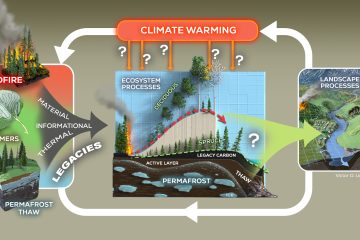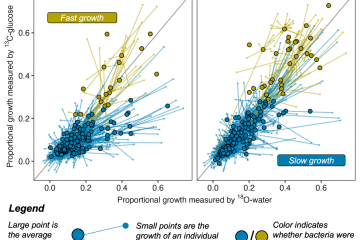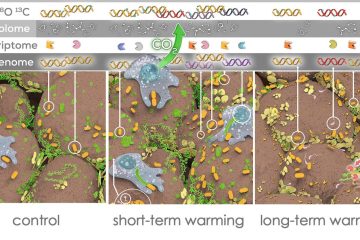Decreased leaf‐miner abundance in elevated CO2: Reduced leaf quality and increased parasitoid attack
Most studies on the effects of elevated CO2 have focused on the effects on plant growth and ecosystem processes. Fewer studies have examined the effects of elevated CO2 on herbivory, and of these, most have examined feeding rates in laboratory conditions. Our study takes advantage of an open-top CO2 fertilization study in a Florida scrub-oak community to examine the effects of elevated CO2 on herbivore densities, herbivore feeding rates, and levels of attack of herbivores by natural enemies.
Higher atmospheric CO2 concentration reduced plant foliar nitrogen concentrations, decreased abundance of leaf-mining insect herbivores, increased per capita leaf consumption by leafminers, and increased leafminer mortality. As suggested by other authors, reduced foliar quality contributed to the increase in herbivore mortality, but only partly. The major factor increasing mortality was higher attack rate by parasitoids. Thus increasing CO2 concentrations may reduce the survivorship of insect herbivores directly, by reducing plant quality, but also indirectly, by changing herbivore feeding and eliciting greater top-down pressure from natural enemies.


